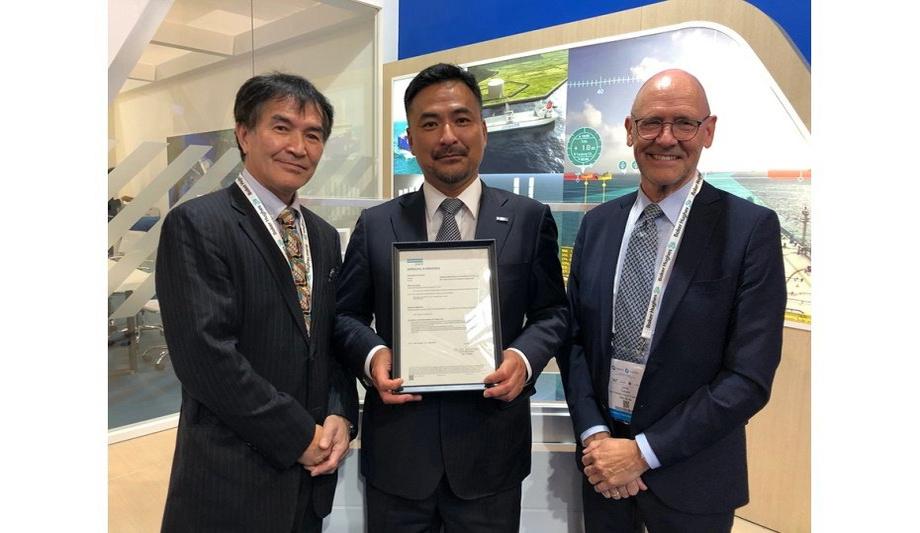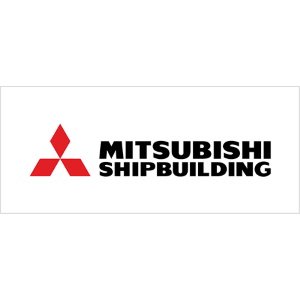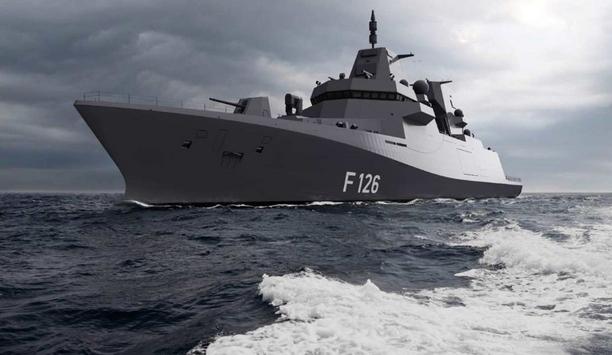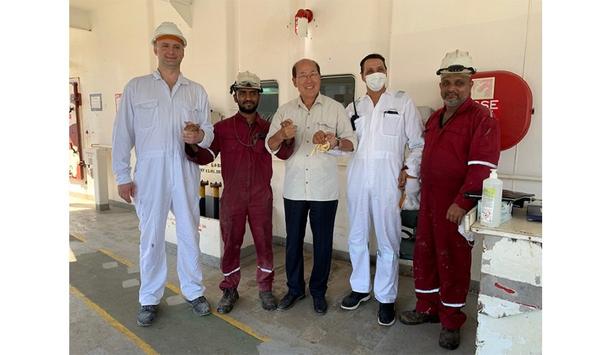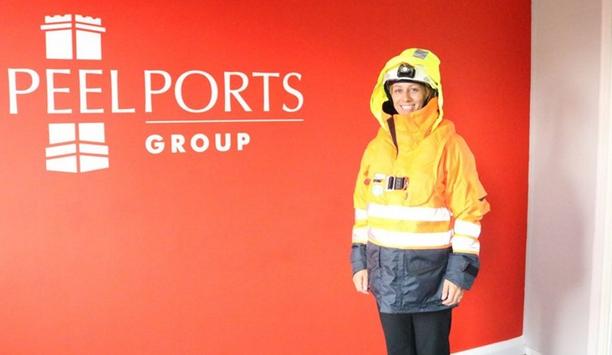Mitsubishi Shipbuilding Co., Ltd. and Mitsui O.S.K. Lines, Ltd. (MOL) have announced the acquisition of Approval in Principle (AiP) for their jointly developed liquefied CO2 (LCO2) carrier from the Norwegian classification society, Det Norske Veritas AS (DNV).
The presentation ceremony took place on September 5, 2022 at Fiera Milano, the venue of Gastech 2022, a major international conference on global energy and environmental issues, including natural gas, LNG, and hydrogen, held in Milan, Italy.
LCO2 carrier receives AiP
The LCO2 carrier that underwent a Hazard Identification Study (HAZID) and received an AiP is a 50,000 m3-class vessel for which the two companies completed a joint concept study in November 2021.
The vessel design incorporates tank pressure specifications for larger vessels in the future. Mitsubishi Shipbuilding and MOL are also integrating the knowledge of an MOL-invested company, Norway-based Larvik Shipping AS, which has managed LCO2 vessels in Europe for more than 30 years. The HAZID was implemented in line with actual operations.
Mitsubishi Shipbuilding and MOL partnership
MHI Group is pursuing a strategy focused on strengthening its businesses relating to the energy transition
Mitsubishi Shipbuilding and MOL will leverage their respective and complementary strengths and knowledge, in order to advance this joint development project, and through the newly acquired AiP will continually work to develop various technologies, including LCO2 vessels, which will be essential in building a carbon capture, utilisation and storage (CCUS) value chain, thereby contributing to the realisation of a carbon-neutral society.
MHI Group is pursuing a strategy focused on strengthening its businesses relating to the energy transition. Within that context, Mitsubishi Shipbuilding takes charge of the growth strategy known as ‘MARINE FUTURE STREAM’, which has two overarching targets: ‘decarbonisation of the maritime economy’ through use of renewable energies and carbon recycling, and ‘a safe and secure future for society’, through autonomous operation and electrification.
Implementation of marine-related innovations
The company seeks to achieve these dual goals through creation and implementation of marine-related innovations. MOL sets the mid-to-long-term target ‘With concerted effort throughout the Group, achieve net zero GHG emissions by 2050’ in ‘MOL Group Environmental Vision 2.1’.
The MOL Group will further accelerate this initiative on the CO2 transport business, in order to contribute to reducing society’s overall GHG emissions.
